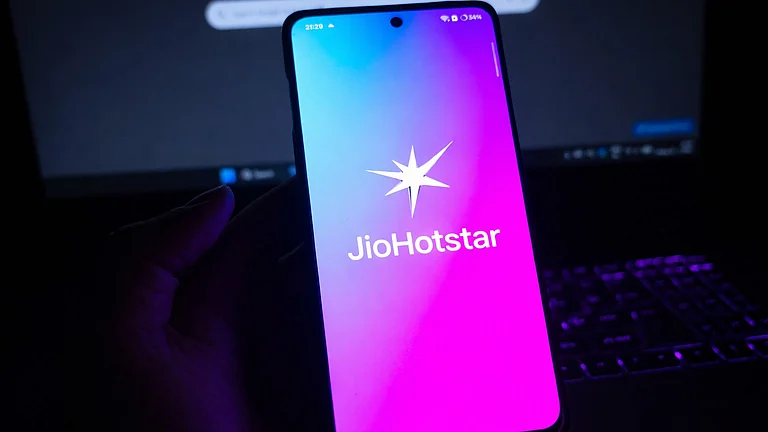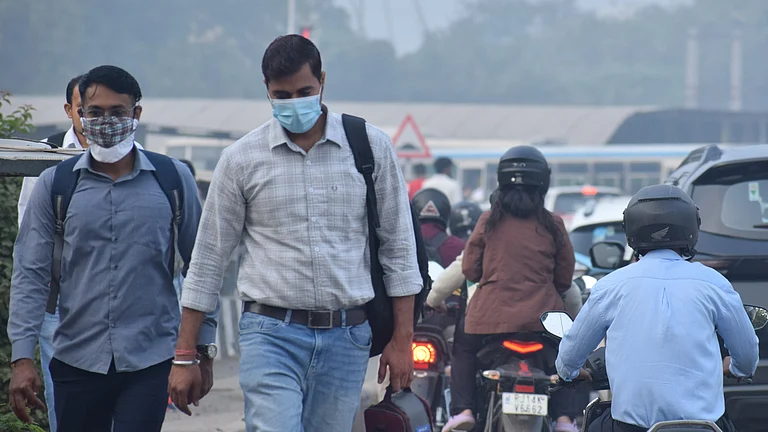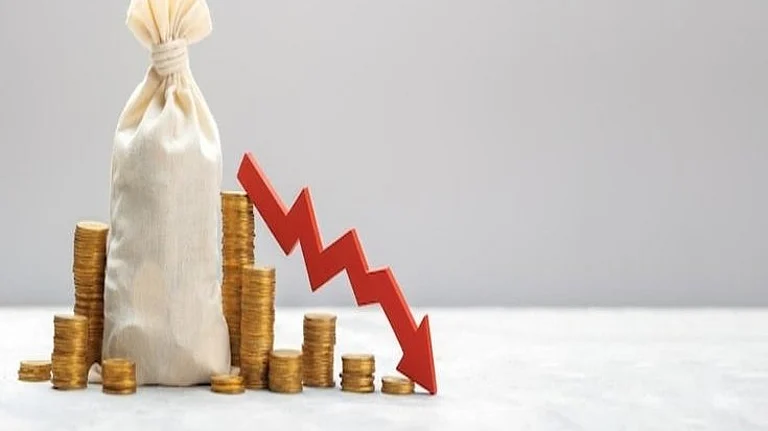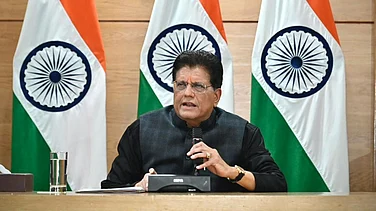In today's digital world, one has to be mindful of the cybercrimes. These criminals are especially targeting users taking the digital route to conduct financial transactions.
Now a new scam has started. Someone knowingly sends money to your account or Google Pay and calls you to tell you that the money was in your account by mistake and requests that you send the money back to their number.
If you send the money back, your account will be hacked. So, if someone has wrongly received money in account, ask the caller to come to the nearest police station with ID proof and take it as cash. Time and again, government has notified through various advertisment platforms, television, radio, through police social media handle to be very vigilant about all kinds of digital frauds.
Here are the most prominent digital payment scams you should be aware of:
Phishing attack: This is the most common online scam that is committed by scamsters. Phishing attacks are conducted by sending text messages, emails and other messaging applications. People receive a message on their mails or messaging applications which look similar to official messages and once the person clicks on the fake message, the scamsters get access to your device and information.
Fake websites: Another very common way to defraud people is by using fake websites of famous financial institutions. Scamsters create websites which look similar to the original website and offer lucrative offers to victims to buy financial products. However, if one needs to be vigilant to differentiate between the fale and original websites. Generally, genuine websites have a secure domain and their URLs start with 'HTTPS' and not 'HTTP'
QR Code Scam: Many people have fallen victim to this scam where fraudster clean their bank account using a QR code. The moment you list any item on any buying or selling goods platform, many users will show interest in buying the product from you at the same price as listed. To take the process further, the user immediately asks for UPI ID, bank account to initiate the payment. Then the user will send a WhatsApp with QR code and the requested amount will be written on it, the user will ask you to scan the QR code and enter an OTP on any Digital Payment App to receive the payment. Basically, you will be asked to scan the QR code to receive the money in your account, which will eventually lead to the fraud.
Fake delivery-OTP scam: Scammers will target people who are a frequent online shopper and receive packages. A fake guy will show up at your doorstep pretending to be the delivery agent. They will state that your package is a pay-on delivery module. If you refuse to take the delivery page they will ask for your contact number and will send an OTP to initiate the cancellation. The moment you will click on the unknown link or will share the OTP, your phone will fall vulnerable to the scammers and get hacked.
Sextortion scam: This is the latest scam which has grabbed the nation. Fraud of up to Rs 3 lakh has been reported till now. You will receive a video call from an unknown number. The moment you receive the video call, you may spot a naked woman or a woman will start stripping the moment you attend the call. They will take a picture or say a screenshot with you along with the naked woman appearing in your screen. Then they will start blackmailing you for the money by saying that they will send the pictures to your family members or will post it on your social media profile. Many people have fallen prey to this scam and eventually end up paying the scammers to save their face in public.
Earlier this month, the Reserve Bank of India launched “Digital Payment Apnao, Auron ko bhi Sikhao” (Adopt digital payments and Also teach others) campaign to promote use of digital payments during the Digital Payments Awareness Week (DPAW) 2023.
The existing infrastructure has made digital payments available and accessible, but it is necessary to create more awareness which can increase acceptance and enhance adoption. While launching the mission “Har Payment Digital”, the Governor appealed to all the stakeholders – banks, non-banks, payment system operators, digital payment users, etc. – to adopt digital payments and teach others about the merits of using digital payments. This would encourage every person to become a digital payment user, Reserve Bank of India said in a statement.
During the DPAW 2023, Regional Offices of the RBI will be conducting awareness and outreach programmes which will also form part of ‘Jan Bhagidari’ events under the Indian G20 presidency. Similar initiatives will be undertaken by the bank and non-bank payment system operators.
The Reserve Bank will also initiate a ‘75 Digital Villages’ programme in observance of 75 years of Independence. Under this programme, Payment System Operators (PSOs) will adopt 75 villages across the country and convert them into digital payment enabled villages, RBI added.
































